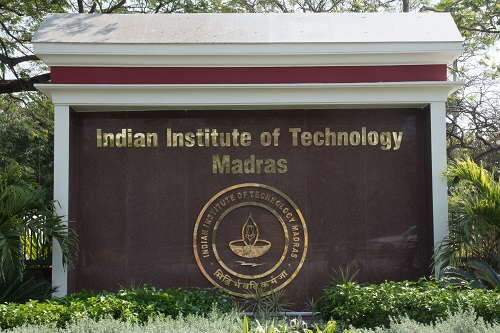
Chennai: Indian Institute of Technology Madras’ Robert Bosch Centre for Data Science and Artificial Intelligence (RBCDSAI) and Superbloom Studios, a Business Consultancy Firm, are launching an initiative called ‘Hidden Voices’ to reduce the Gender Data Gap in Digital Sources. Partnering with IITM Alumni Association this initiative is starting with Wikipedia.
The initiative founders have set a goal of auto-generating biographies of several notable women within the next year, specifically within the next International Women’s Day (8th March 2023), and thereby make a positive impact on gender representation among digital sources. The Hidden Voices team takes pride in mentioning that SuperBloom Studios was co-founded by three IIT Madras alumnae building this practice across three continents.
Natural language models are increasingly forming the basis of various consumer interaction services and the models depend on open web datasets, including Wikipedia. Independently, most people use digital-first tools such as Wikipedia to initiate their worldview formation on many subjects.
While there are multiple layers of complexity to resolve the nature of equitable representation across all digital platforms, it is noted that there is significant value in increasing women representation in Wikipedia.
Explaining how this initiative would be implemented, Prof. Balaraman Ravindran, Head, RBCDSAI-IIT Madras, said, “The project will be an instance of a human-allied AI execution. While the state-of-the-art of Automated Language Processing has significantly advanced there are situations when the AI will make errors. This is especially so when processing documents about underrepresented populations, the very fact that this project is trying to address. Hence, we will take advantage of AI solutions where possible, and judiciously use human oversight and verification to produce high quality outputs.”
The gender data gap is considered a major barrier to more equitable solutions across domains. The spoken and written impressions on the web (text, audio and video) content are vastly outpacing any other form of data. Online curated content is also the building block data source of many AI/ ML solutions like automated speech recognition and language models that form the basis of many products and services.
But there is a measurable quantitative lack of representation of gender diverse voices in these core digital data sources. The Hidden Voices initiative sets out to tackle this issue.
Some of the major barriers in addressing the data gap include editors' gender and interest but also contributions from external sources. Hence, the project aims to develop information theoretical approaches, ML-assisted auto-identification and validation of external sources and textual analysis methods to auto-generate the first draft of Wikipedia-style biography. The models developed will employ this approach to generate Wikipedia articles for notable women in STEMM (Science, Technology, Engineering, Medicine and Management).
Hidden Voices is planned to start with generating biographies of women from North America and India who have notable contributions in STEMM fields and tech-adjacent business domains. The team aims to expand expertise areas, geography and include other underrepresented communities over time.
The project is hoped to lead to multiple data and analytics-based products and services that could go beyond Wikipedia-gap closure and address the lack of gender diversity in data at a global level.
Once the project framework and basic structure is in place, the team will facilitate the transition of the pipeline into a full-fledged open-source project. This includes setting up the repository, reviewing the external contributions and building an open-minded and healthy community to work on the project. The collaborators will also encourage more women contributors to participate in the open-source project, thereby enabling them to build their profile among open-source software communities.
Those interested in volunteering for this initiative can register through the following link - http://hiddenvoices.xyz/
Click Here for More Science & Technology
